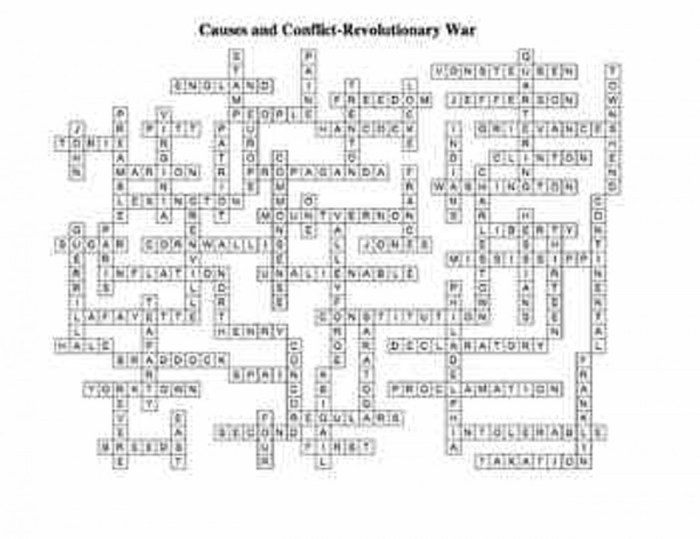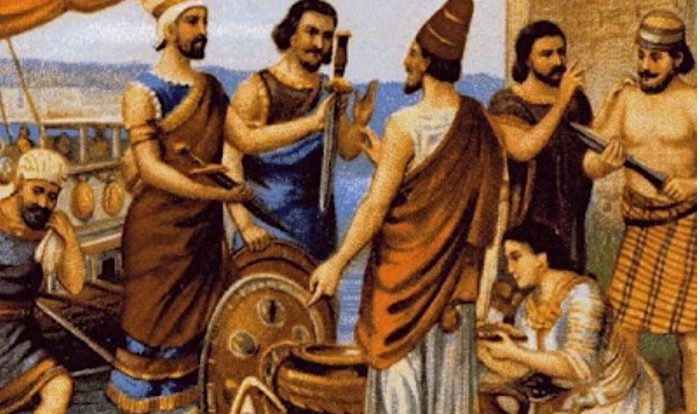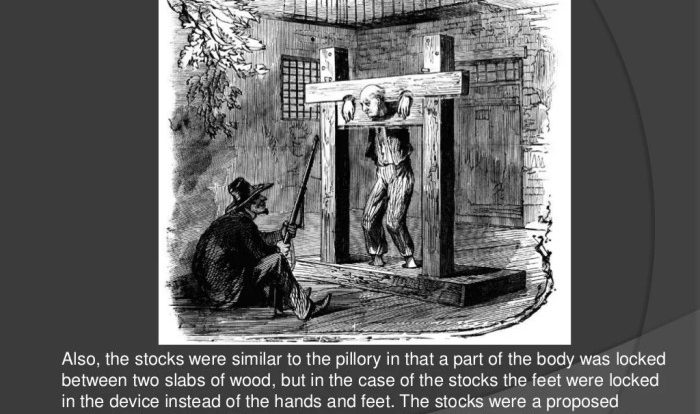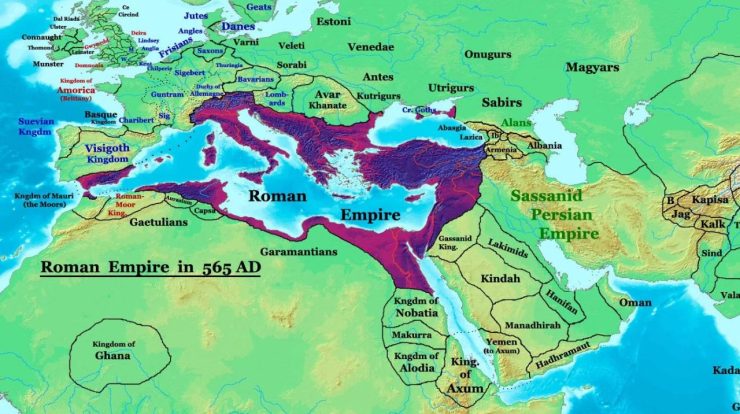The Revolutionary War and Constitution Review Crossword Puzzle is an engaging and educational tool that tests your knowledge of these pivotal events in American history. This crossword puzzle delves into the key battles, figures, causes, and principles that shaped the Revolutionary War and the drafting of the U.S.
Constitution.
As you navigate the clues, you’ll not only test your recall but also gain a deeper understanding of the complexities of the Revolutionary era. From the battles of Lexington and Concord to the Declaration of Independence and the principles of federalism, this crossword puzzle offers a comprehensive review of this transformative period.
Revolutionary War Battles
The Revolutionary War, fought between 1775 and 1783, featured numerous pivotal battles that shaped its course and outcome.
Battle of Bunker Hill (1775)
This early battle, though a British victory, demonstrated the determination and resilience of the Continental Army and boosted morale.
Battle of Saratoga (1777)
A decisive American victory, Saratoga convinced France to ally with the colonists, providing crucial military and financial support.
Battle of Yorktown (1781)
The final major battle of the war, Yorktown led to the surrender of the British army under General Cornwallis, effectively ending the war.
Key Figures of the Revolution: The Revolutionary War And Constitution Review Crossword Puzzle

George Washington
Commander-in-Chief of the Continental Army, Washington’s leadership, military strategy, and unwavering determination played a pivotal role in the American victory.
Thomas Jefferson
Principal author of the Declaration of Independence, Jefferson’s eloquent words articulated the principles of liberty and self-governance.
Benjamin Franklin
A renowned scientist, inventor, and diplomat, Franklin secured crucial French support and negotiated the Treaty of Paris, ending the war.
Causes of the Revolution
British Colonial Policies, The revolutionary war and constitution review crossword puzzle
Parliamentary Acts such as the Stamp Act and Townshend Acts imposed taxes and restricted colonial trade, causing widespread resentment.
Lack of Representation
Colonists were denied representation in Parliament, leading to a feeling of political disenfranchisement and a desire for self-government.
Enlightenment Ideas
Concepts of natural rights, individual liberty, and limited government, influenced by Enlightenment philosophers, fueled the colonists’ resistance.
The Declaration of Independence
Adopted on July 4, 1776, the Declaration of Independence declared the colonies’ separation from British rule and proclaimed the principles of equality, liberty, and the pursuit of happiness.
Key Principles
- All men are created equal.
- Governments derive their authority from the consent of the governed.
- Individuals have certain unalienable rights, including life, liberty, and property.
The Constitution
Ratified in 1789, the Constitution established the framework for the federal government of the United States and enshrined the principles of democracy, federalism, and the separation of powers.
Key Provisions
- Federalism: Divides power between the federal government and individual states.
- Separation of Powers: Establishes three branches of government (legislative, executive, and judicial) with distinct roles and responsibilities.
- Checks and Balances: Ensures that no one branch of government can become too powerful by giving each branch the ability to limit the actions of the others.
Q&A
What is the significance of the Revolutionary War?
The Revolutionary War was a pivotal conflict that led to the independence of the United States from British rule and the establishment of a new nation based on the principles of democracy and self-governance.
Who were some of the key figures of the Revolutionary War?
George Washington, Thomas Jefferson, Benjamin Franklin, and John Adams were among the prominent individuals who played crucial roles in the war and the drafting of the Declaration of Independence.
What were the main causes of the Revolutionary War?
The war was sparked by a series of grievances against British rule, including taxation without representation, restrictions on trade, and the presence of British troops in the colonies.
What are the key principles of the U.S. Constitution?
The Constitution establishes the principles of federalism, separation of powers, and checks and balances, which ensure the fair distribution of power and protect individual rights.


